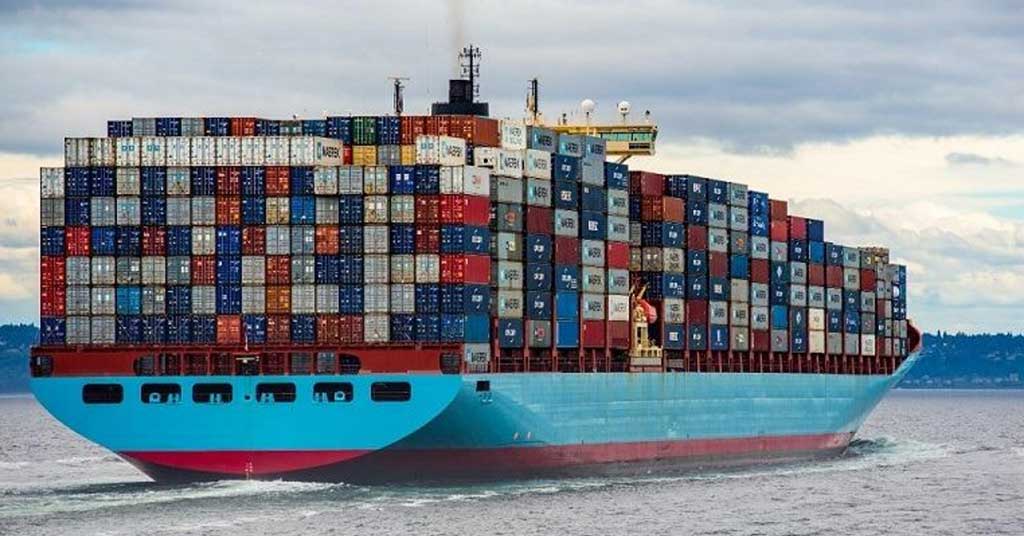Welcome To ChemAnalyst

Singapore: The maritime industry is actively seeking alternative fuels to replace heavily polluting bunker oil. Recently, Ammonia - a colorless and odorous fuel that has zero Carbon emissions when burned - has gained attention as a potential solution. As a cleaner and more sustainable replacement fuel for ships, Ammonia is currently being explored by various companies to gain the first-mover advantage in this emerging market.
Regulators across the globe have expressed concern about the safety of transporting Ammonia via sea due to inadequate training, emergency procedures, and lack of safety standards. Several safety reports raise alarming red flags about its high-risk nature. The shipping industry should be cautious as Ammonia leaks and spills can harm aquatic environments. Moreover, these spills can pose a significant threat to fish species.
It is crucial to conduct a thorough assessment of the effects of Ammonia on locations where these ecosystems intersect with significant shipping channels and ports, like the Strait of Malacca. Singapore's maritime and port authority recently challenged the suggestion that ship-to-ship transfer of Ammonia within Singapore's waters would be possible by late 2023. A maiden Ammonia bunkering trial is in the works, pending approval from regulatory bodies.
The MPA clarified that the views expressed are not reflective of their evaluation or any other government organization's stance. Furthermore, imposing a deadline to execute Ammonia transfer before 2023 is impractical and should not anticipate the consequences of ongoing evaluations conducted by the concerned agencies.
Last year in December, the Energy Market Authority of Singapore (EMA) and the MPA launched an expression of interest (EOI) to construct, possess and manage low or zero-Carbon Hydrogen and Ammonia bunkering solutions. The closing date for the EOI was on 30 April this year, and the proposals received are still under review, as per the authorities. The MPA remains open to alternative fuels that can help reduce Carbon emissions in the maritime industry. However, it cites risks associated with handling Ammonia as a bunker fuel, which is why the agency is promoting the use of 'green Methanol' as a more practical alternative.
Preparations are currently underway for the very first Methanol bunkering operation at the Singapore port. As the busiest port in the world in terms of shipping tonnage, this news carries major significance and is expected to commence in the next quarter of this year.
Methanol is viewed as a more convenient fuel option for storage, transport, and distribution purposes. Moreover, existing storage tanks and pipelines from terminal operators such as Vopak, a Dutch multinational integrated oil, chemical and gas storage terminal operator in Singapore, are fully compatible with Methanol.
As new ship engines for Ammonia and Hydrogen are being developed, shipping industry members and cruise liners are opting to order dual-fuelled Methanol vessels as part of a multi-fuel future. Methanol, commonly utilized in plastics, automobiles, and paint production, is now rapidly gaining traction as the favoured green fuel over Hydrogen and Ammonia. One contributing factor to its popularity is that it can be conveniently stored at room temperature and has a low flash point of 11 degrees Celsius. In contrast, Ammonia necessitates expensive vessel retrofits and pressurized tanks for safe storage.
According to reports, currently there are no vessels that operate on Ammonia. The GCMD trials, which were proposed earlier, were planned to be carried out with the use of proxy assets, as described by the center. However, experts suggest that regulators consider Methanol as a safer option. In recent months, there is a noticeable inclination towards Methanol being the preferred alternative fuel. The increasing demand for Methanol-fuelled ships serves as evidence that more professionals in the shipping industry are considering it as a more promising option. The global order book for Methanol-fuelled ships has grown to represent 12% of the total capacity, as compared to less than 1% a year ago.
Major players in the industry such as A.P. Moller-Maersk A/S of Denmark and Cosco Shipping Holdings of China are investing in ships powered by Methanol, resulting in intense competition and price wars due to the high demand. The global demand for shipping has led to an increase in maritime emissions, which contribute to 3% of worldwide greenhouse gases. As a result, there is mounting pressure on the sector to transition to more eco-friendly fuel alternatives.
According to our sources, it is estimated that by 2035, Ammonia will account for 10% of the total marine fuels bunkered in this area.
We use cookies to deliver the best possible experience on our website. To learn more, visit our Privacy Policy. By continuing to use this site or by closing this box, you consent to our use of cookies. More info.
